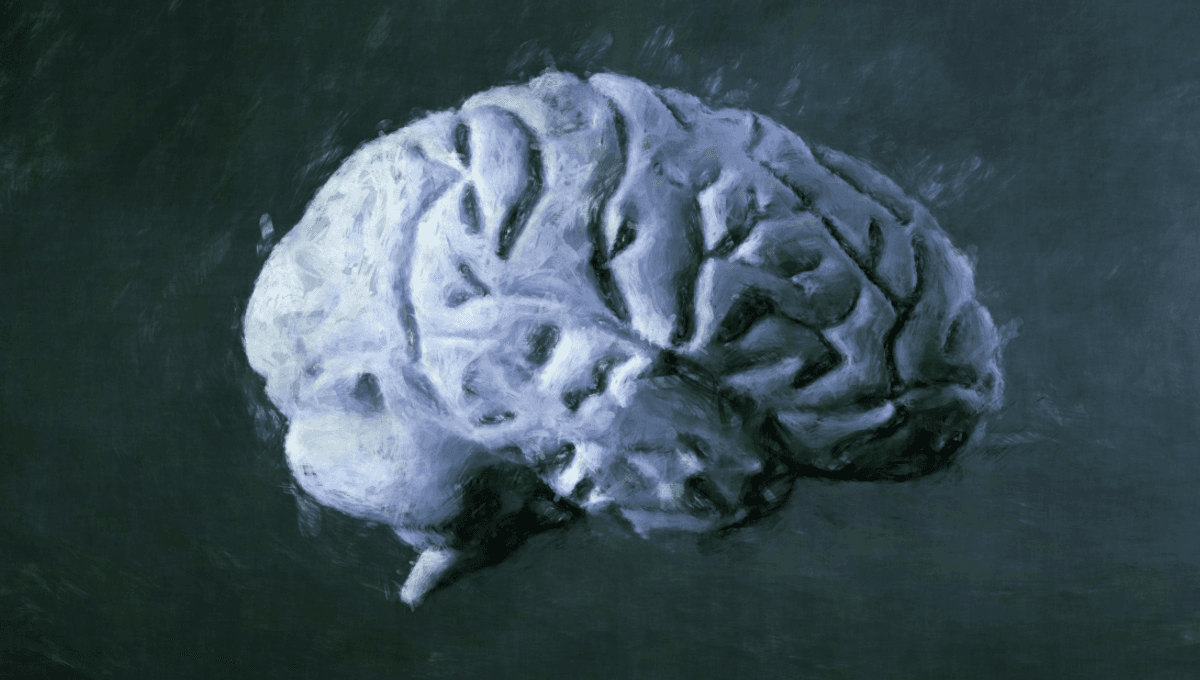
You’ll sometimes hear psychotherapy referred to as “talking therapy,” and it’s not entirely wrong. Some routes of treatment, including cognitive behavioral therapy (CBT), can involve a lot of talking as therapists work with clients to try and question negative patterns of thinking and pave the way for a fresh outlook. Thing is, people aren’t always convinced that it can be as effective as “hard” approaches like medicine, but now, scientists have found evidence of physical and measurable changes in the brain following CBT.
The rest of this article is behind a paywall. Please sign in or subscribe to access the full content.
The study looked at the brains of 30 people diagnosed with acute depression using structural magnetic resonance imaging (MRI). They took scans both before and after 20 sessions of cognitive behavioral therapy and compared them to see if there were any differences.
The fact that it has such a strong positive effect on the brain structure, specifically the gray matter, was a pleasant surprise in this extent
Professor Ronny Redlich
The scans revealed a significant increase in the volume of gray matter in the left amygdala and right anterior hippocampus. The researchers also conducted clinical interviews, and found that the people who showed the greatest increase in gray matter in the amygdala also showed a stronger reduction in emotional dysregulation. In total, they concluded that 19 of the 30 participants who started out with acute depression showed hardly any symptoms following therapy.
The merits of CBT have long been recognized, but this study marks the first time that a measurable and reliable biomarker has been identified to observe the physical effect psychotherapy has on brain structure. That’s not to say that other therapies, such as medicine, are better or worse, but it adds further support to the idea that there’s a lot more to psychotherapy than just talking.
“The study is of high quality and the results are statistically very robust,” said study author Professor Ronny Redlich, who heads the Department of Biological and Clinical Psychology at Martin Luther University Halle-Wittenberg (MLU). “The fact that psychotherapy changes brain function is still easy for most people to understand. However, the fact that it has such a strong positive effect on the brain structure, specifically the gray matter, was a pleasant surprise in this extent.”
Psychotherapy is not just a bit of talking, but rather a structured and effective treatment for mental disorders
Professor Ronny Redlich
“This is generally a milestone: psychotherapy is not only mental, but also affects our brain. And it does so very strongly. Although we did not directly compare it with psychotropic drugs, I believe the effects are probably similarly strong.”
The team hopes the findings will be able to settle any lingering misconceptions about the efficacy of psychotherapy and CBT, and perhaps contribute to a general shift in the way we think about mental health conditions, why they occur, and what we can do about it.
“It’s only a small step, but I think the potential for a more forward-looking and objective view of psychotherapy among the general population is huge: psychotherapy is not just a bit of talking, but rather a structured and effective treatment for mental disorders,” Redlich told IFLScience.
“Mental disorders are not a ‘weakness’ of the person, but can also be attributed to physical changes, especially in the brain. Psychotherapy is able to ‘repair’ these brain connections so that, in best case scenario, the patient feels better afterwards. I think this perspective helps many patients, takes the blame off the person themselves, and destigmatizes both mental disorders and psychotherapy.”
The study is published in the journal Translational Psychiatry.
Source Link: Measurable Brain Changes Following Cognitive Behavioral Therapy Identified For The First Time